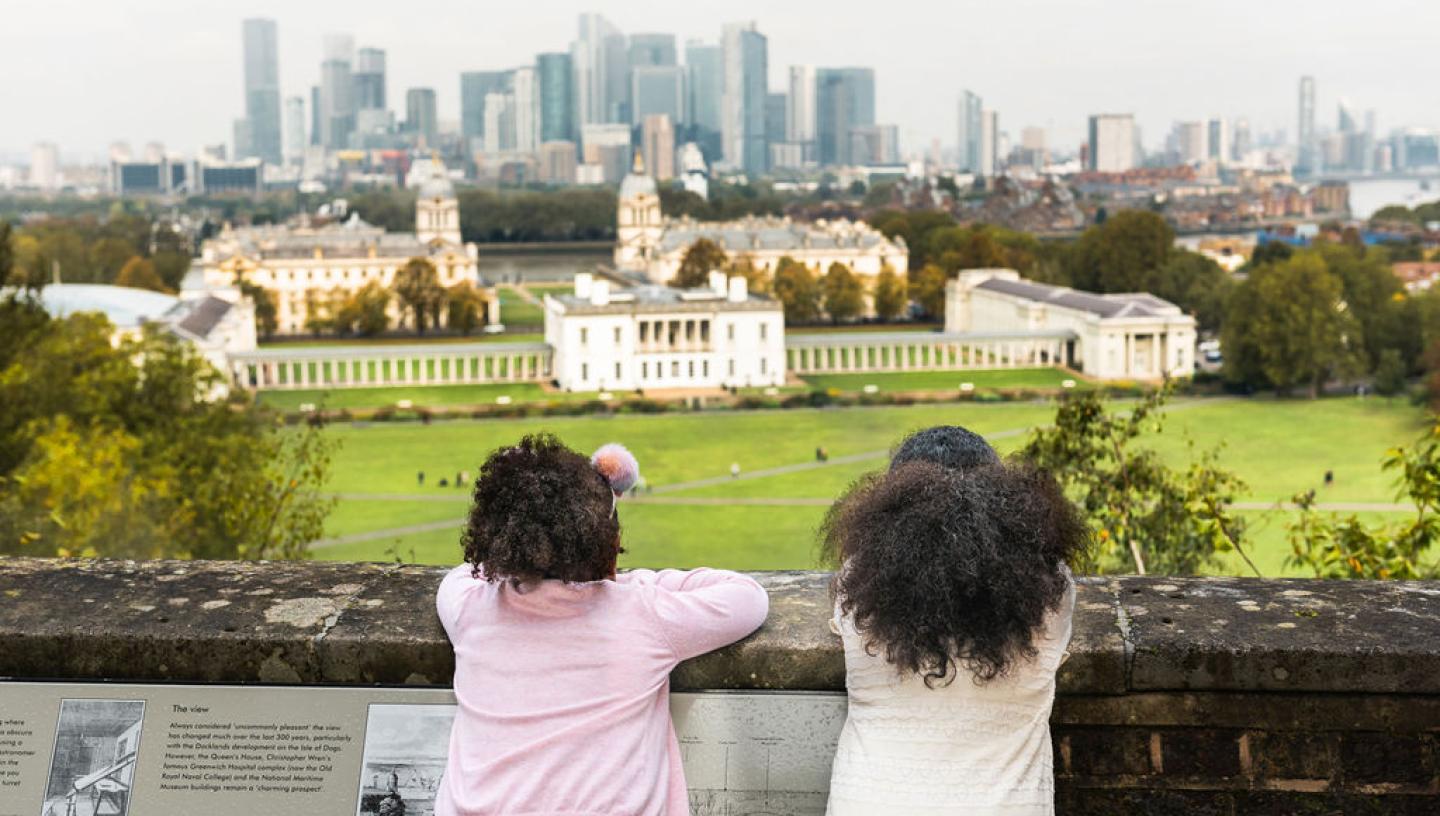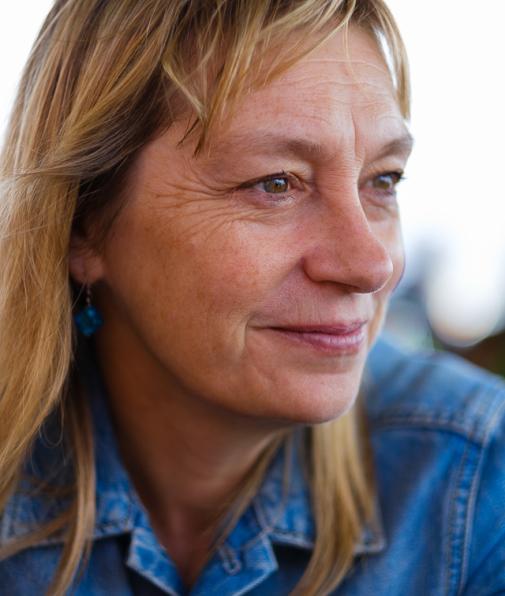
The 'How to' series, curated by the Engagement team at the National Maritime Museum, is a central point for parents and carers to discover resources and top tips for addressing challenging or sensitive conversations with children.
This page pulls together resources and tips for creating playful people, places and spaces.
Discover more resources around a range of topics.
Speakers
Scroll through to meet the experts.
Top tips
The National Maritime Museum makes play a priority, and our programme of facilitated and self-led activity is child-led and playful, encouraging families to explore and discover together.
Play has never been more important, and the Museum is making this a core approach. The Museum is a resource and a community space, so finding playful opportunities for audiences is key.
The speakers discussed how play can impact mental health, build confidence and help children to develop a sense of self. The tips and resources below are a collection of suggestions from the webinar.
- Don't be afraid to take loose parts with you into spaces: Bring toys, books, etc, into spaces like Museums to help provide playful opportunities for your children.
- Embrace mess! Get the recycling out for children to play with, let a game run its course before putting things away, and make sure toys are visible. If children can't see toys, they won't think to play with them.
- Wait to be invited. Sometimes children will want adults to participate in their games, and sometimes they won't.
- Think about how you can suggest play opportunities, rather than instigating games with rules.
Resources
- How children learn video
- Case studies from Museums about being more playful
- Learning through play
- What we mean by playful parenting, by the Lego Foundation
- What we mean by learning through play, by the Lego Foundation
- Child led play and exploration
- The Loose Parts Theory

